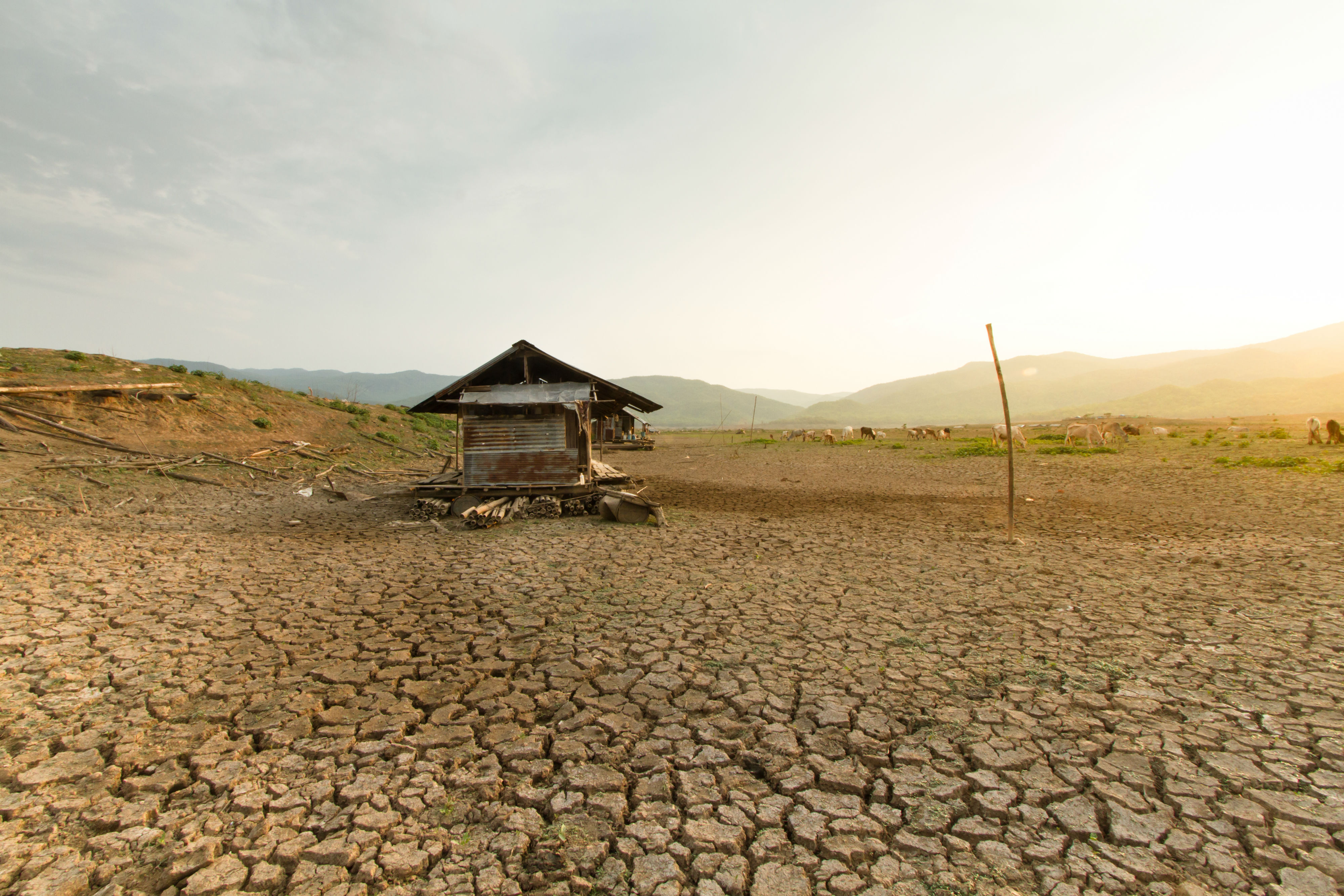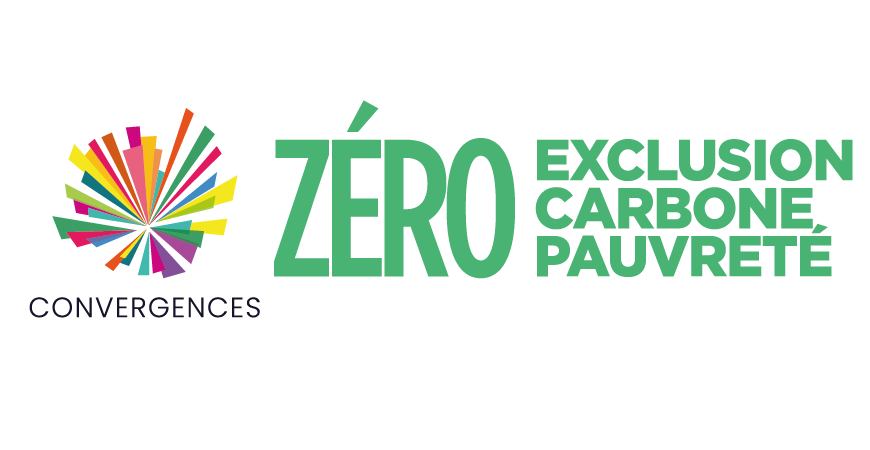
The challenge of climate change
New data on climate change continues to emerge, and it is seldom good. CO2 levels are at historic highs. Arctic ice continues to shrink. Climate-related natural disasters such as hurricanes and drought increase in both frequency and severity.
Humanity, however, has always faced enormous challenges, from disease pandemics to global conflicts. Climate change – while posing an existential threat to our species and our environment – is slightly different: it’s a slow-moving crisis that we can address through innovations in science, technology and education.
Governments and companies are taking the first, very slow steps towards climate change mitigation – most notably by switching to cleaner and renewable fuels. But though this is necessary, it is not sufficient. We must also focus resources on adaptation1 leading to resilience2 – which is particularly crucial for those populations most susceptible to climate change’s effects: vulnerable (and particularly rural), financially excluded communities living in low-income countries.
The problem is at least four-fold. First, these communities earn their livelihoods from activities most affected by climate change (such as agriculture, forestry and fisheries). Second, their countries and regions will be the most affected by climate stressors, such as flooding, sea level rise, drought, extreme storms, erosion and pestilence. Third, this direct vulnerability is often exacerbated by the low economic and institutional capacities of the most affected countries. And fourth, all these consequences are further multiplied by the growing risk of climate change induced migration, displacing people to urban areas and across borders as refugees.
Within the agricultural, livestock, forestry and fisheries sectors, there is a broad range of emerging solutions to help vulnerable groups strengthen their resilience to climate change via adaptation to permanently changed environments, for example a reduction in rainwater, a shift in the seasons, or higher temperature extremes.
This can be achieved by promoting various activities and techniques (such as innovative agricultural and husbandry techniques) that increase productivity in challenging contexts. It can also include increasing preparedness for future shocks, such as use of resilient materials to protect homes, businesses and land, without resorting to costly coping strategies, such as taking on unsustainable levels of debt, or selling productive assets.
In both cases, access to financial and associated non-financial services can help households to adapt.
Microfinance and climate change resilience
The microfinance sector’s role in increasing this resilience is broad. It can include providing loans for investments in irrigation, drought resistant seeds or other adaptive solutions; writing insurance policies to support greater resilience to shocks; using remittance and transfer services to funnel aid in the aftermath of climate-related natural disasters; or facilitating clients’ long-term financial planning, including via savings products, to help them build more adaptable economic activities.
Moreover, the institutions that serve these clients are also often vulnerable to the effects of climate change. To build resilience among them, these institutions must also become resilient themselves. That means adapting to the changing economic situations of their clients (including their debt-repayment capacity), as well as building systems that allow for rapid and effective responses following weather disasters, such as floods or hurricanes.
Finally, financial services may be complemented by non-financial products and services that fill capacity gaps, including awareness-raising and understanding of climate risks through technical assistance and training; promoting construction standards that increase resilience to flooding and high winds; and incorporating climate risk assessments and forecasts of extreme weather into institutional planning – then helping clients use the data in their economic activities.
All of these activities can be further leveraged through partnerships, such as with insurance companies, researchers, fintechs or other technical services providers that specialise in the causes and consequences of climate change among vulnerable populations, and the solutions to mitigate its effects.
The European Microfinance Award 2019 on Strengthening Resilience to Climate Change, co-organised by European Microfinance Platform (e-MFP), has invited applications from organisations working on this problem, and received them from 42 organisations from 27 countries, including 18 non-bank financial institutions, 5 banks, 4 NGOs, and 15 from various other categories.
Among them, there have been innovations in index insurance, improved agricultural practices, value chain development, enhanced nutrition, education, clean energy, use of technology such as geo data, and disaster preparedness etc.
Seeing the scope and depth of responses that these applications represent highlights the broad and deep role the sector can play in helping the financially excluded adapt to a changing climate. This is just the beginning.
1 The Intergovernmental Panel on Climate Change (IPPC) defines ‘adaptation’ as “any adjustment in natural or human systems in response to actual or expected climatic stimuli or their effects which moderates harm or exploits beneficial opportunities”.
2 ‘Resilience’ refers to systems being climate-proofed for the future. It is the capacity of ecological, social, or economic systems to adjust in response to actual or expected climatic stimuli and their effects or impacts and “…refers to changes in processes, practices, and structures to moderate potential damages or to benefit from opportunities associated with climate change”. (UNFCCC – United Nations Framework Convention on Climate Change.
DANIEL ROZAS
SENIOR MICROFINANCE EXPERT &
SAM MENDELSON
FINANCIAL INCLUSION SPECIALIST
EUROPEAN MICROFINANCE PLATFORM

